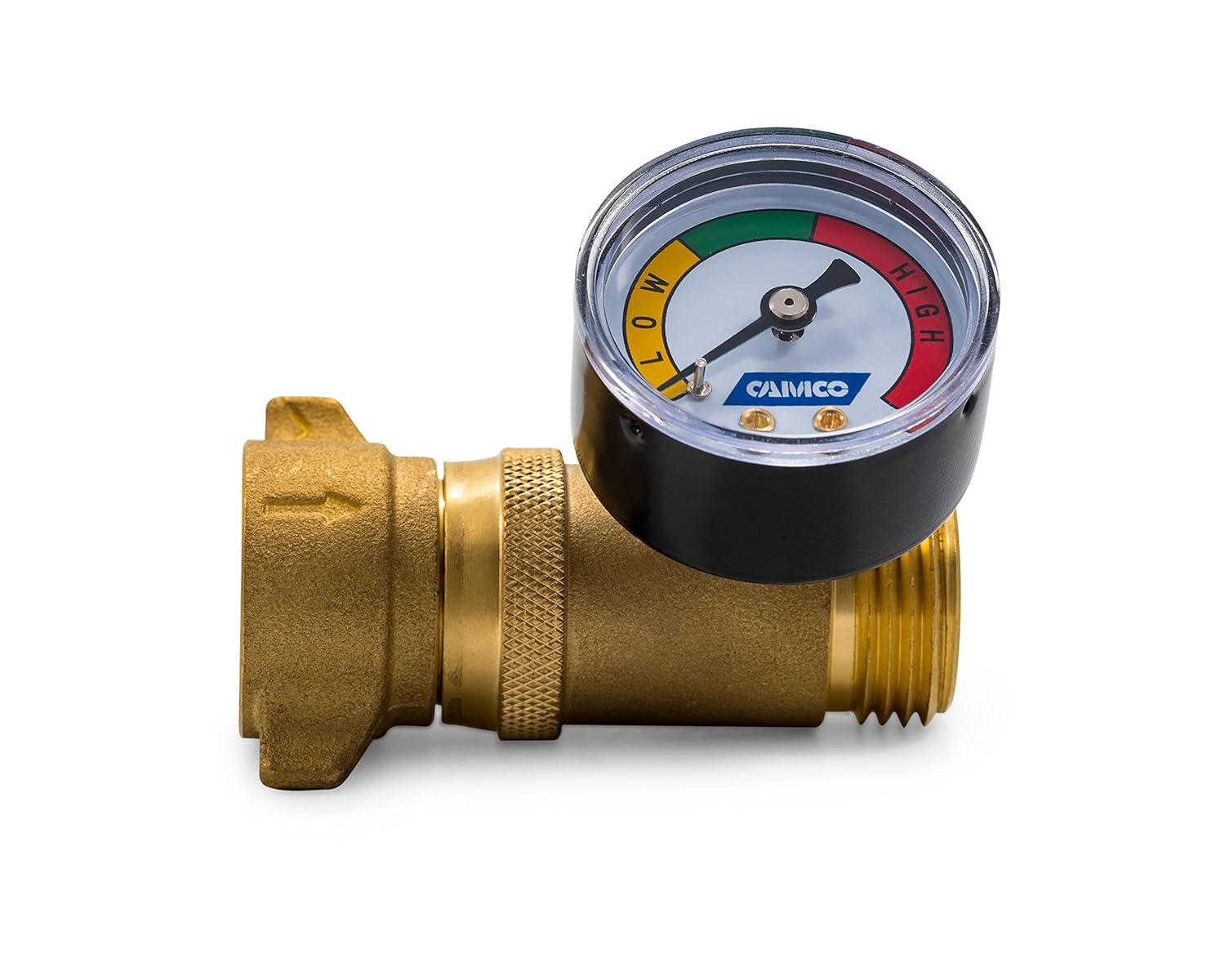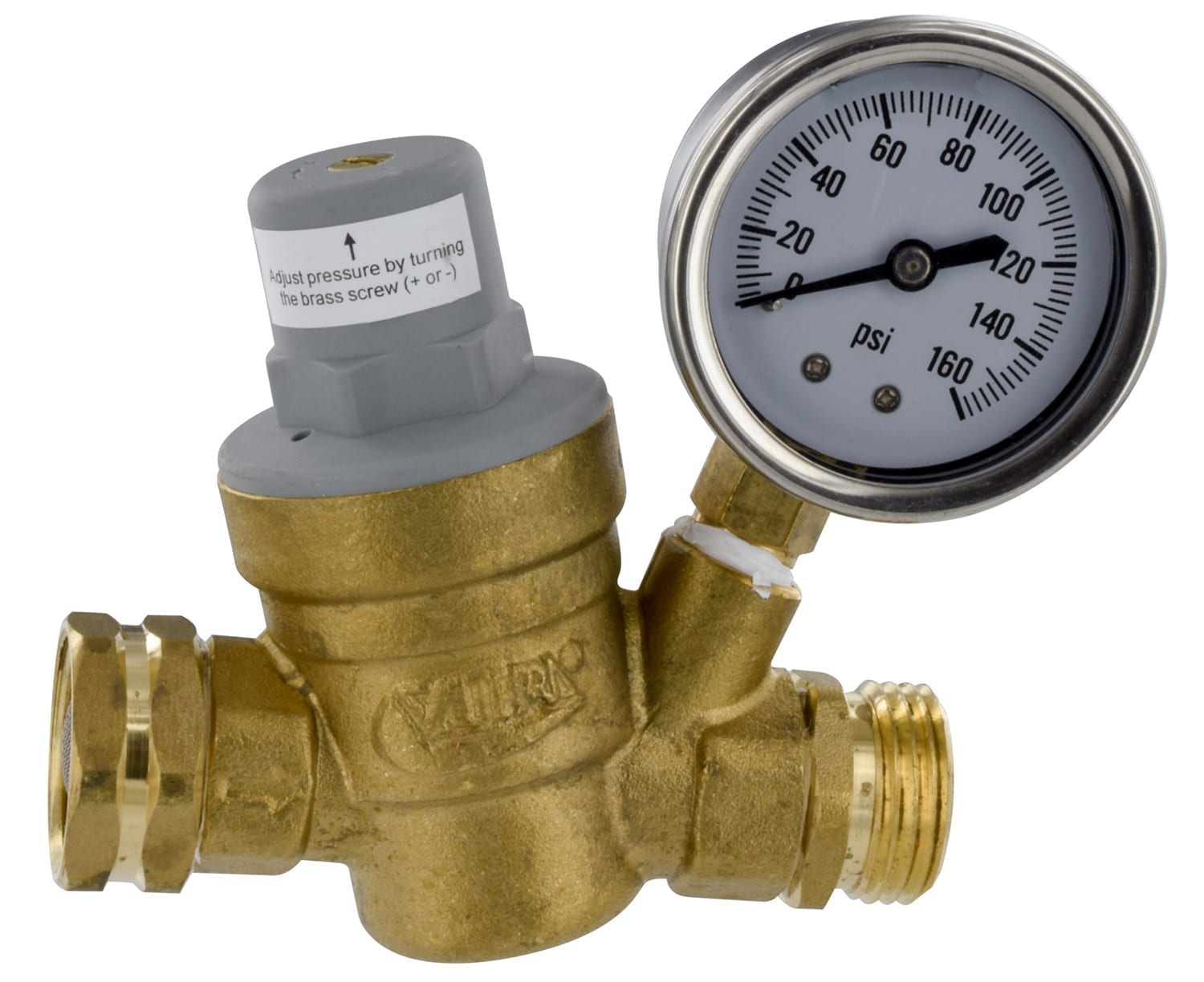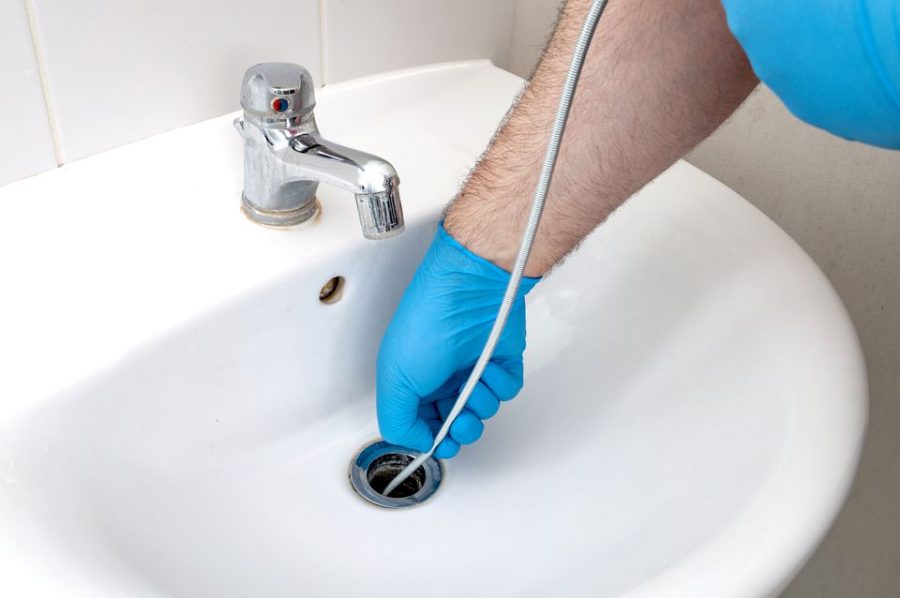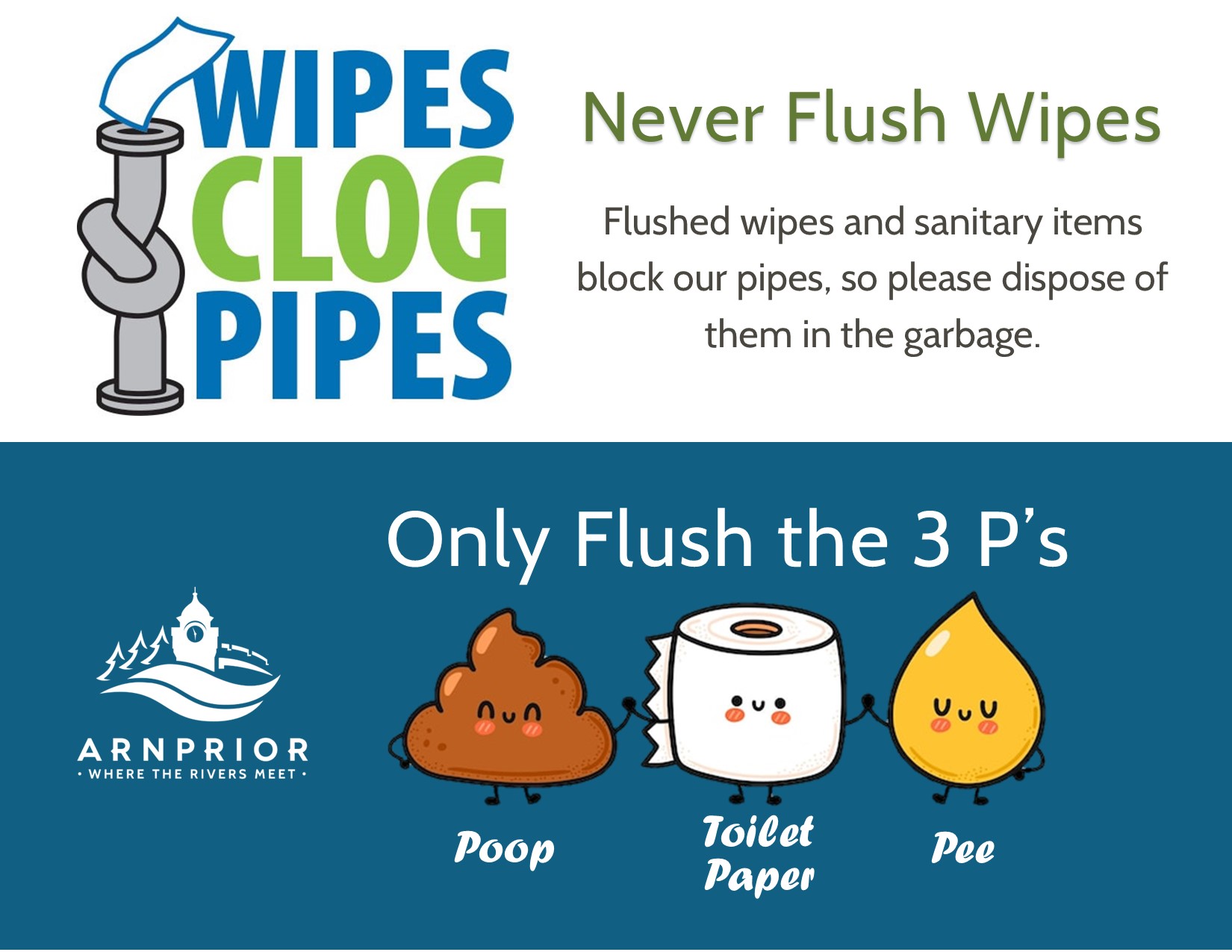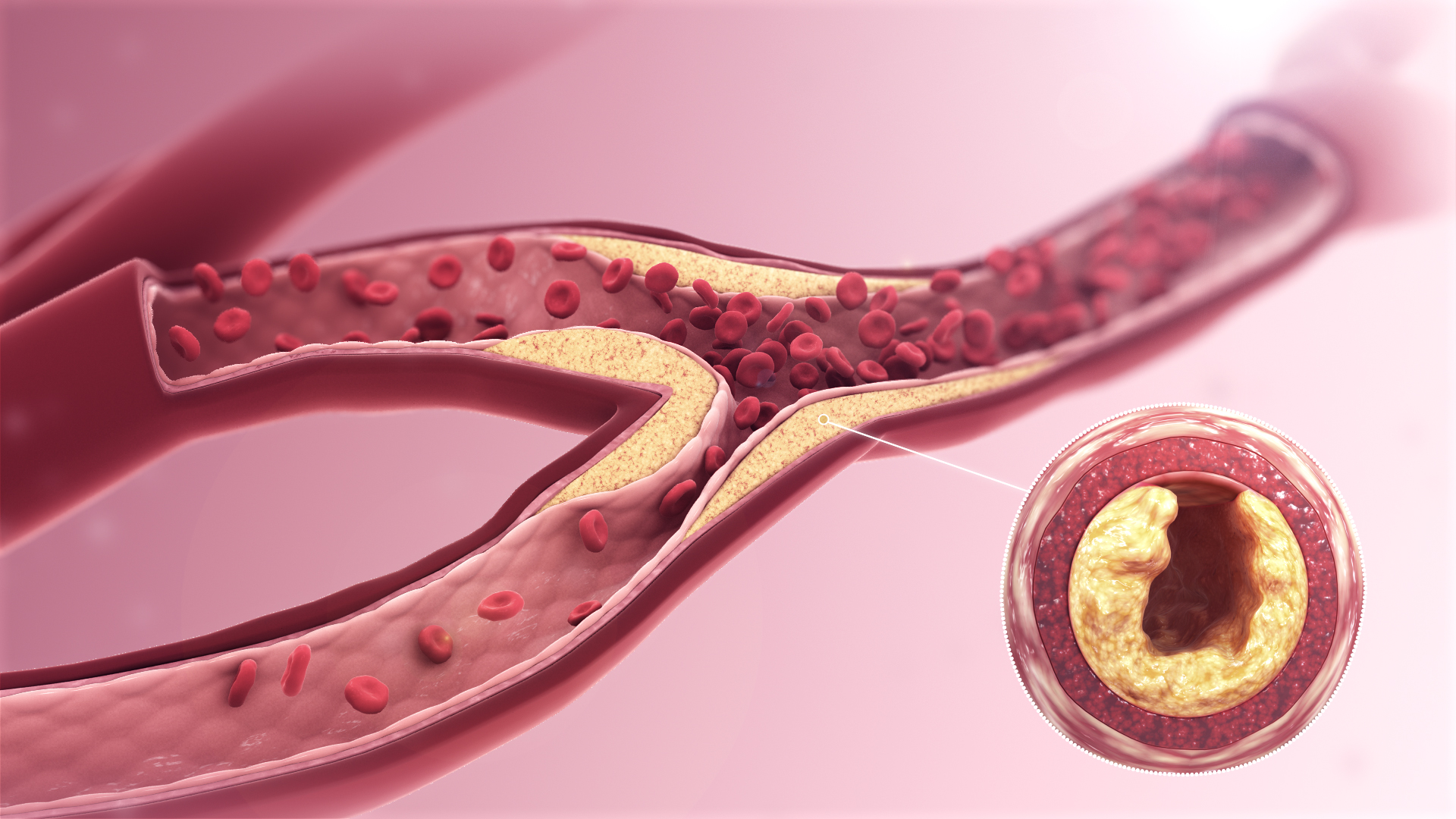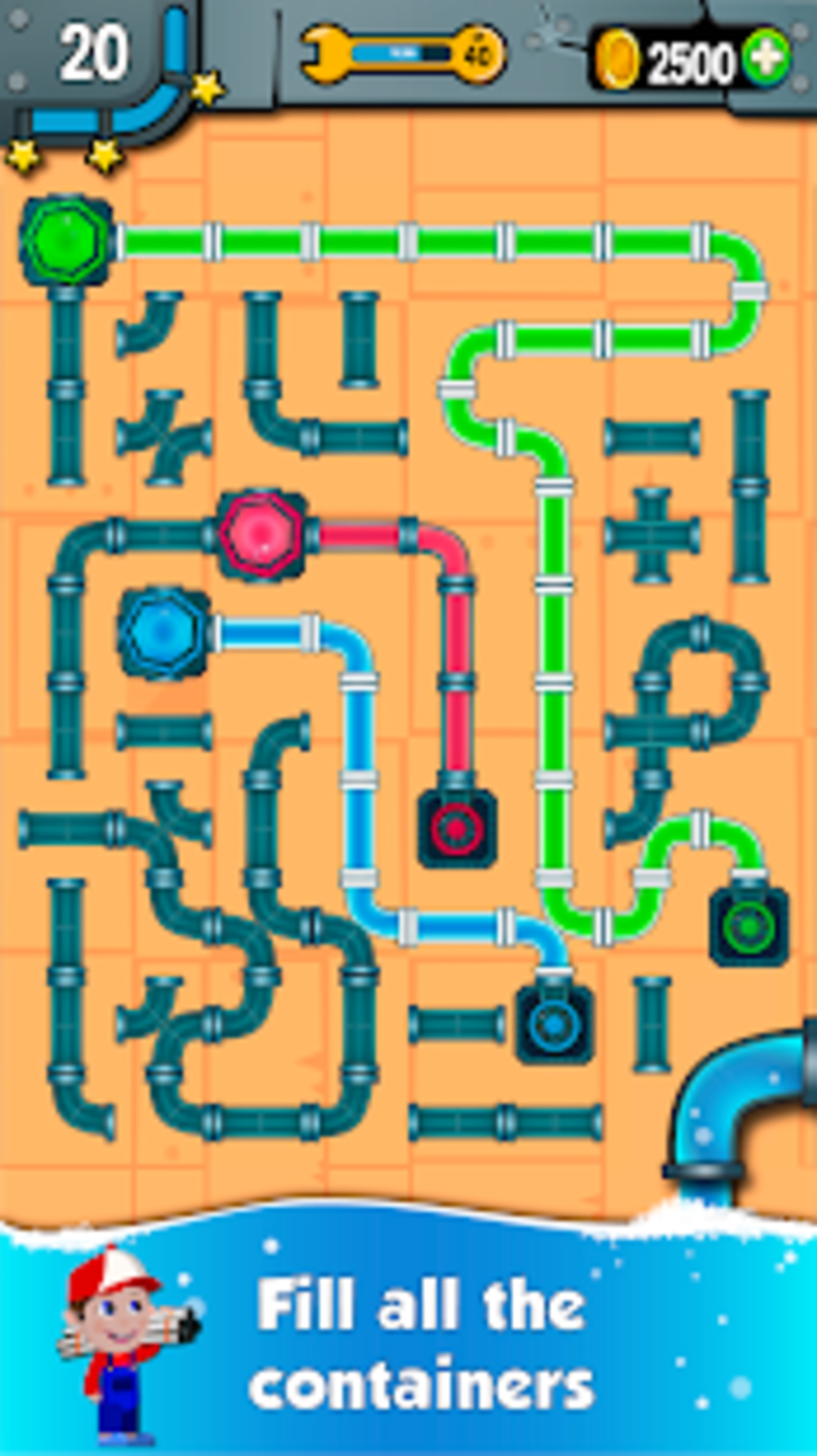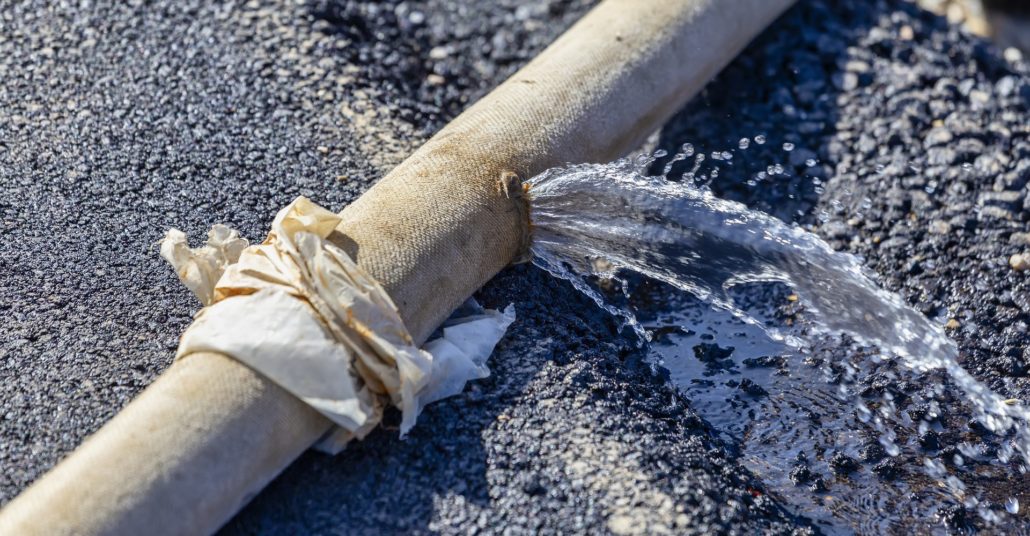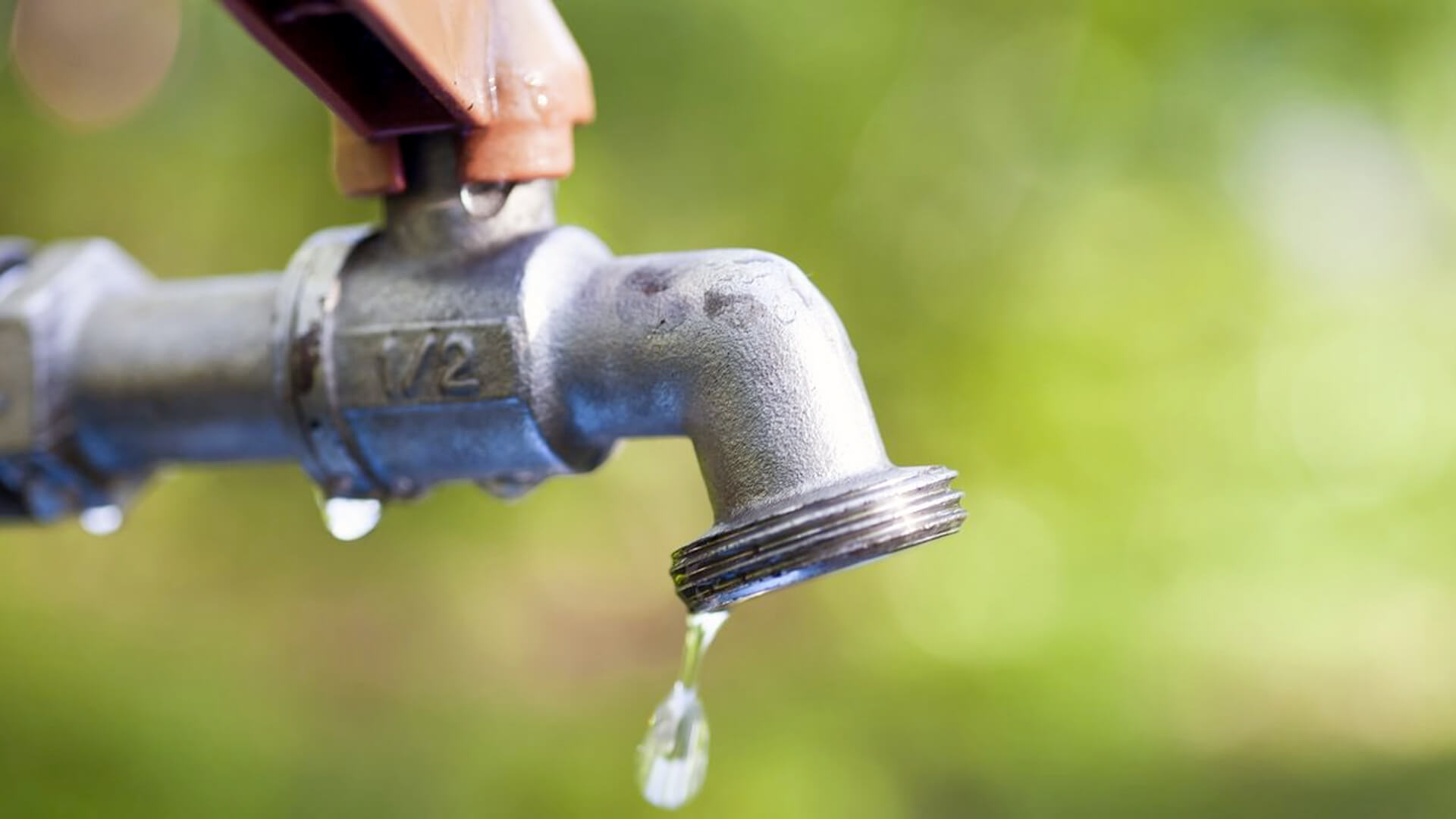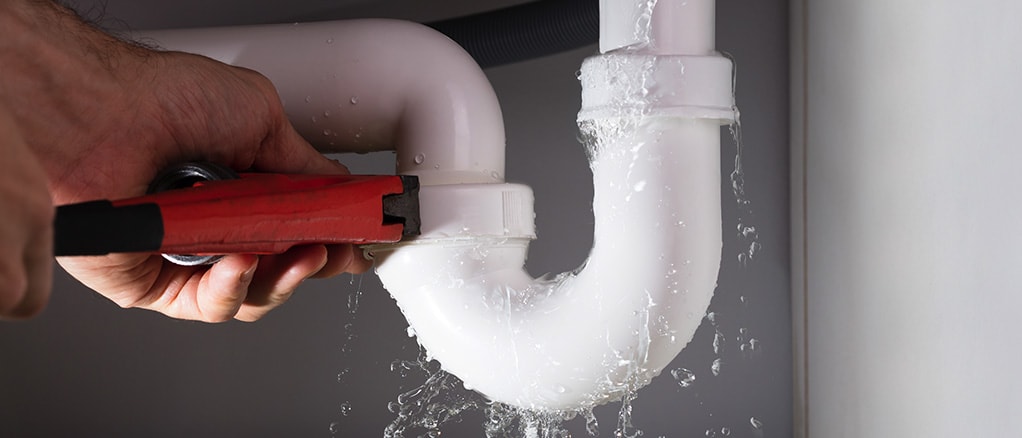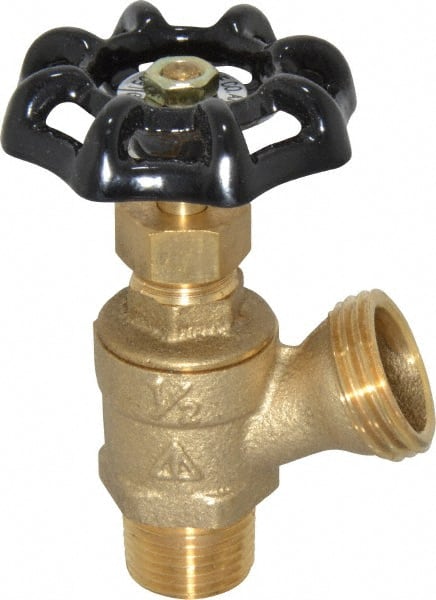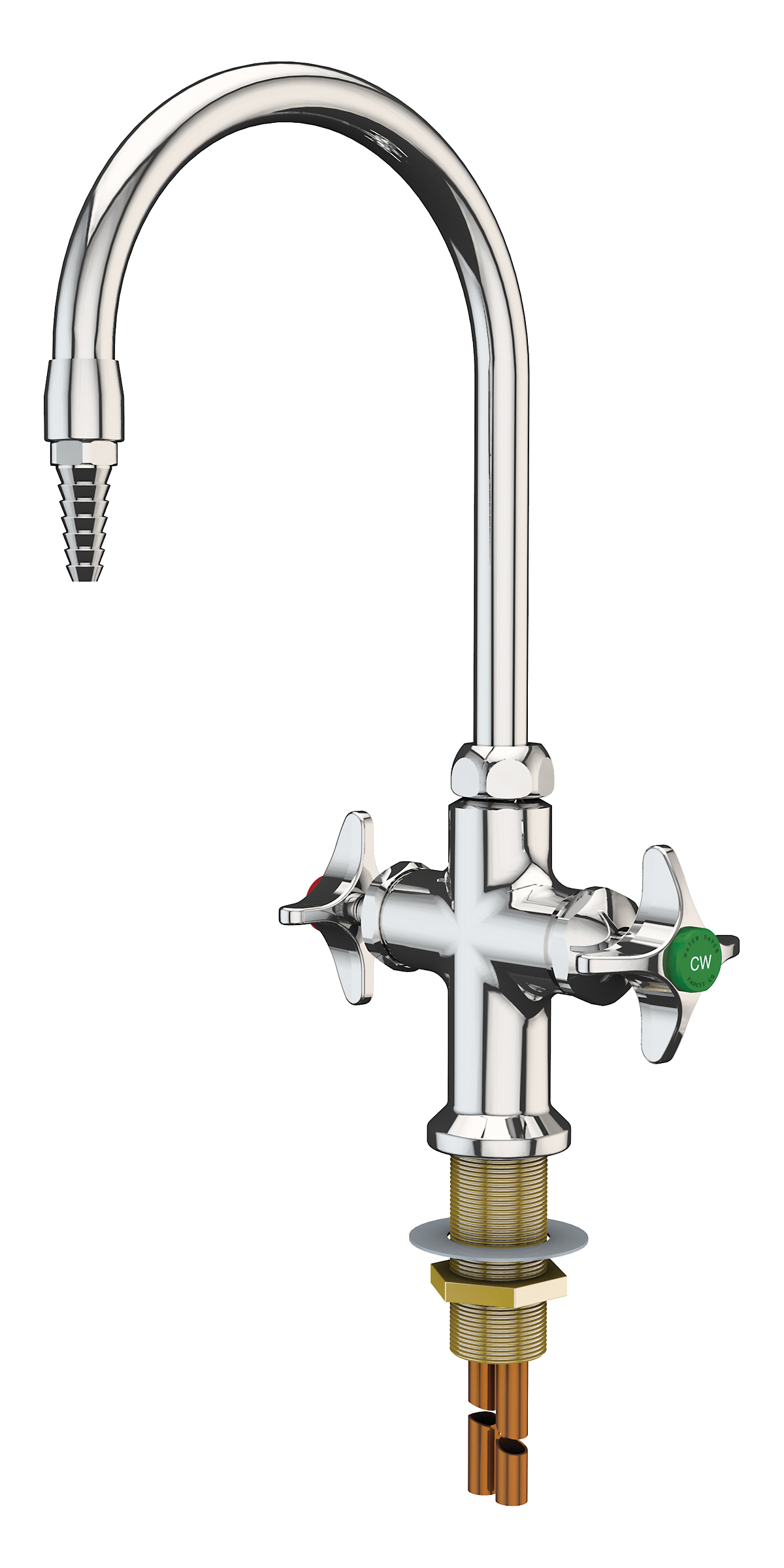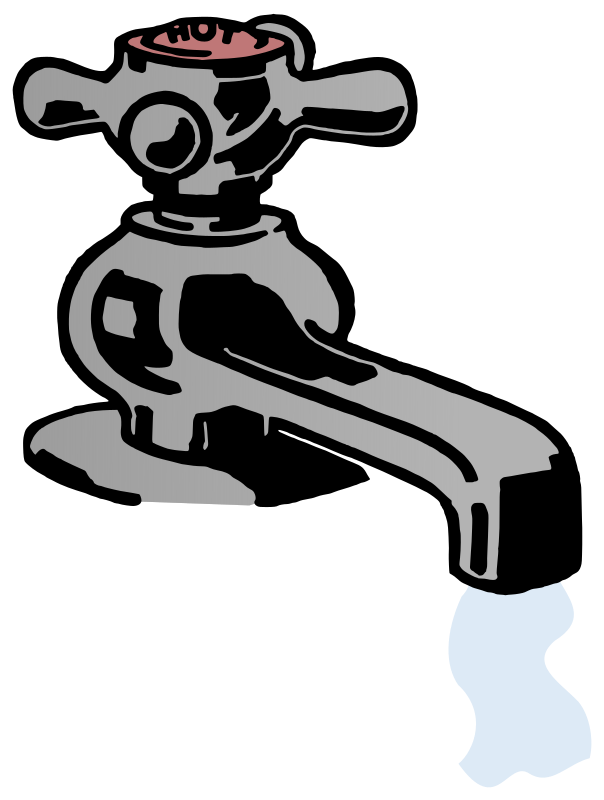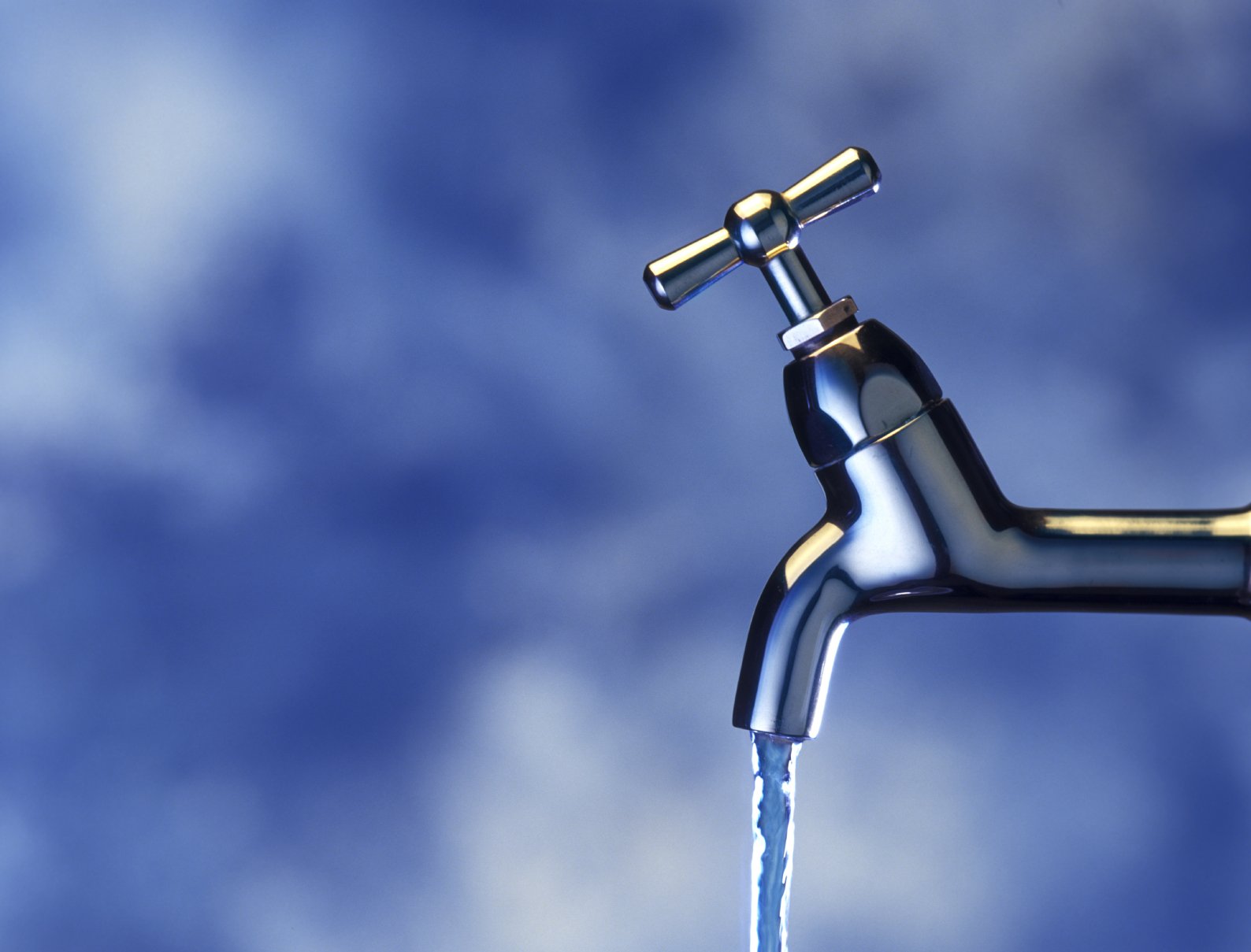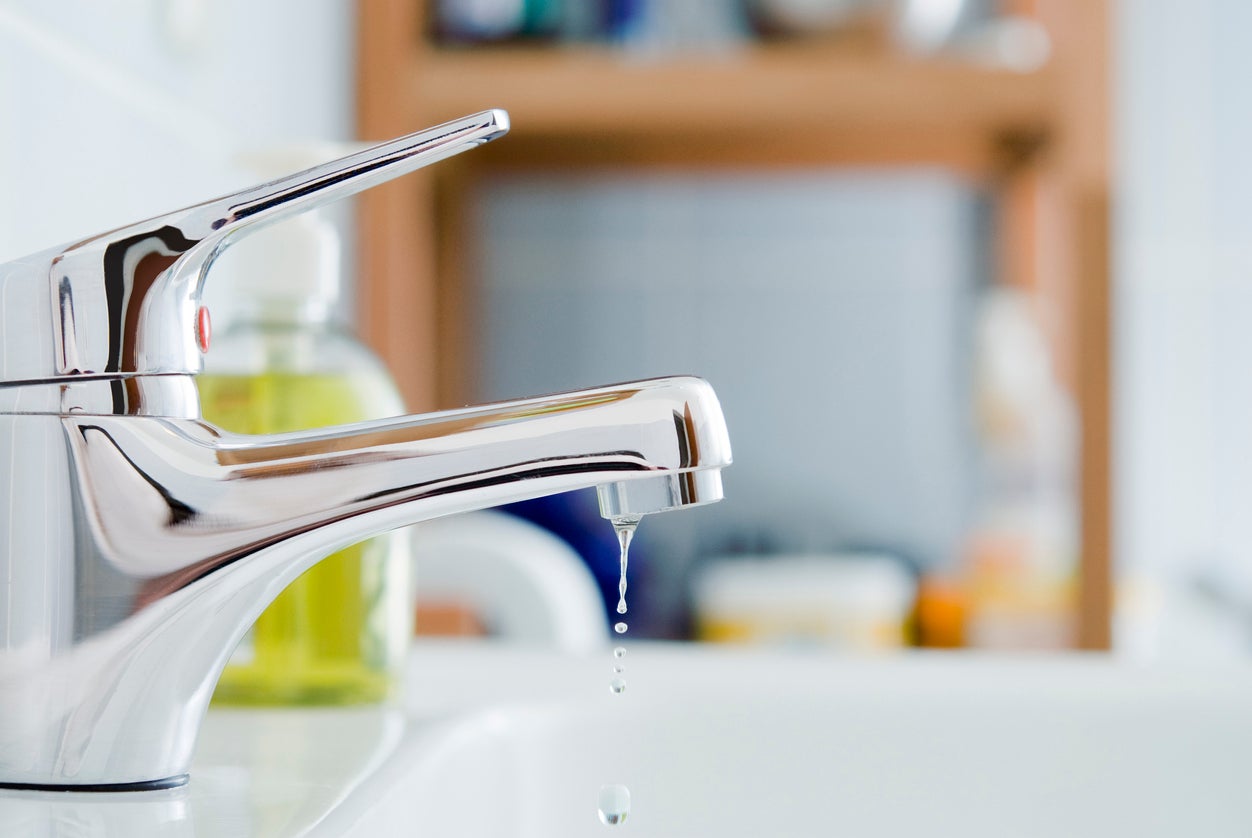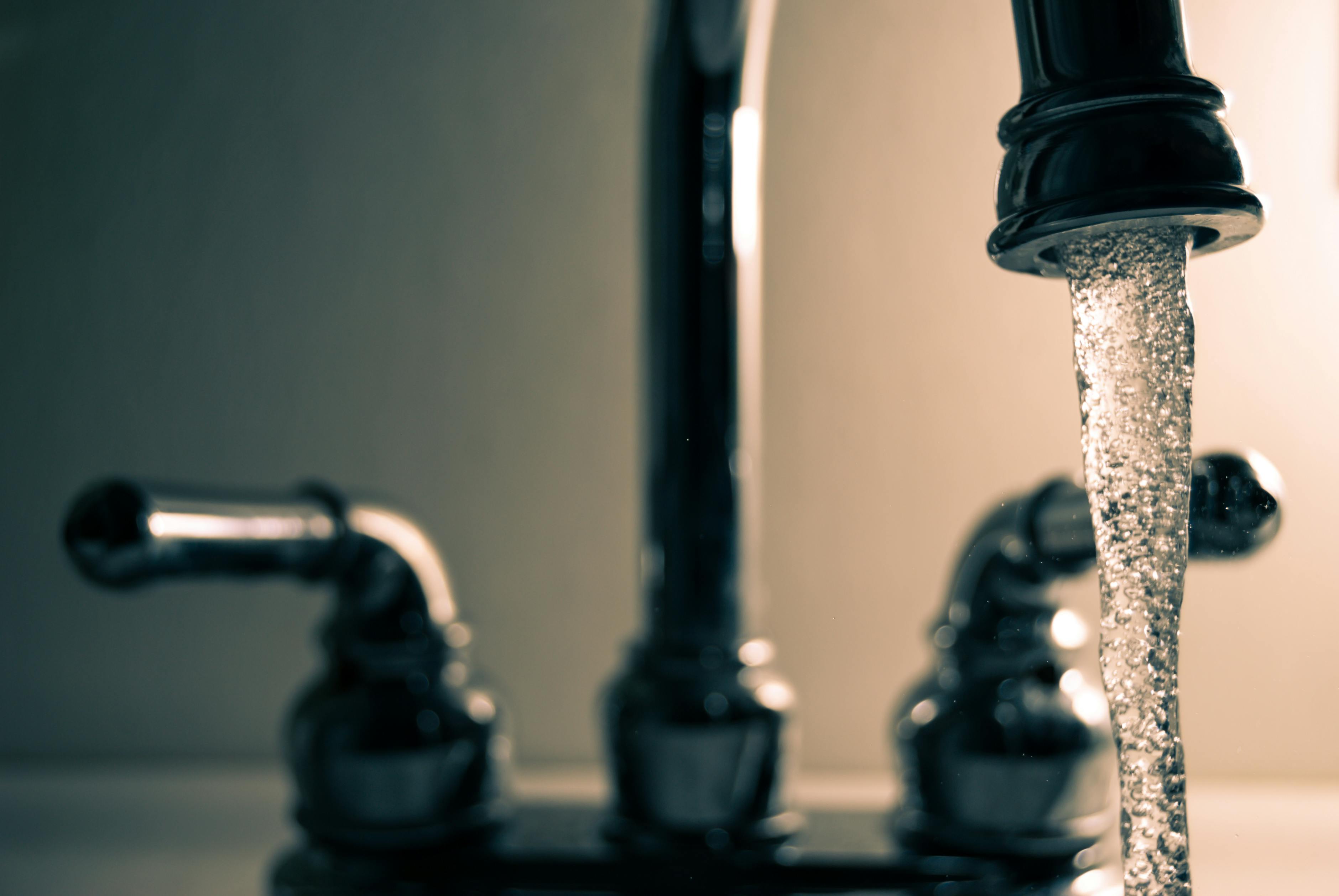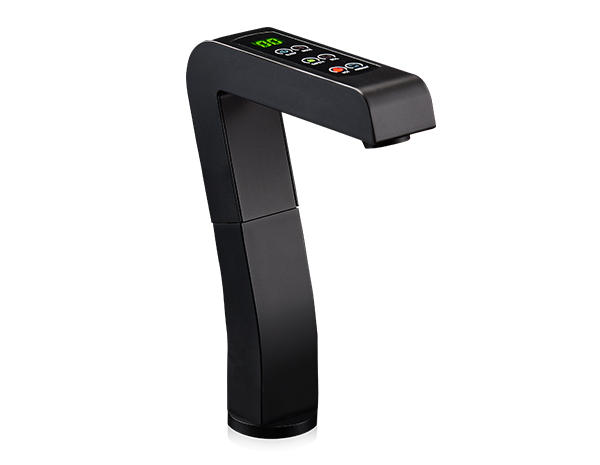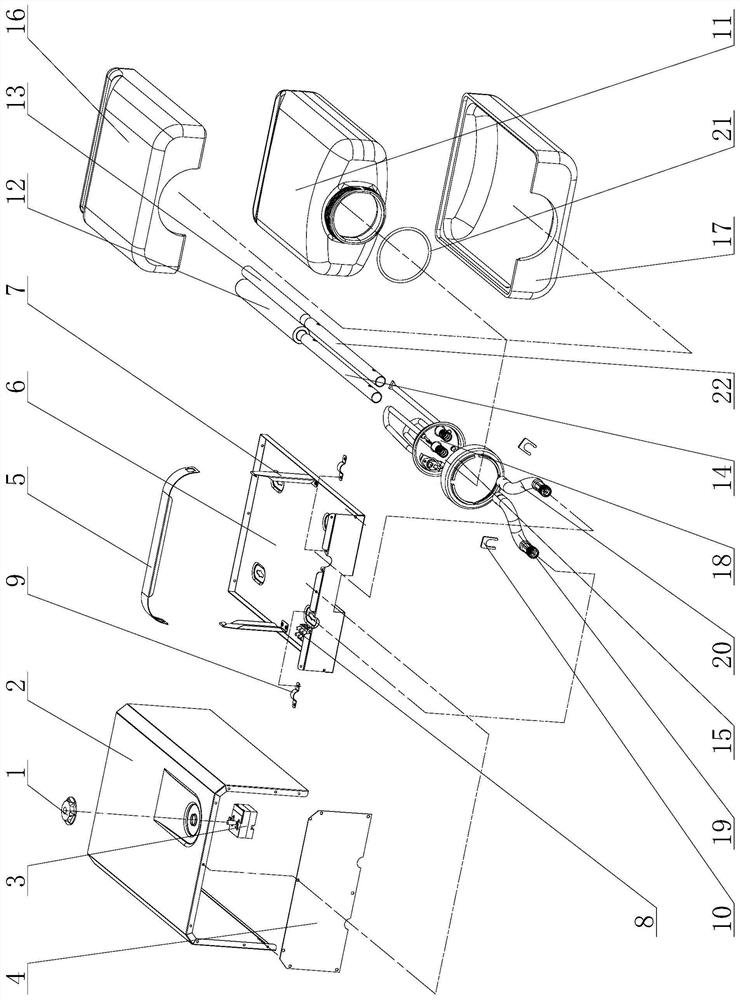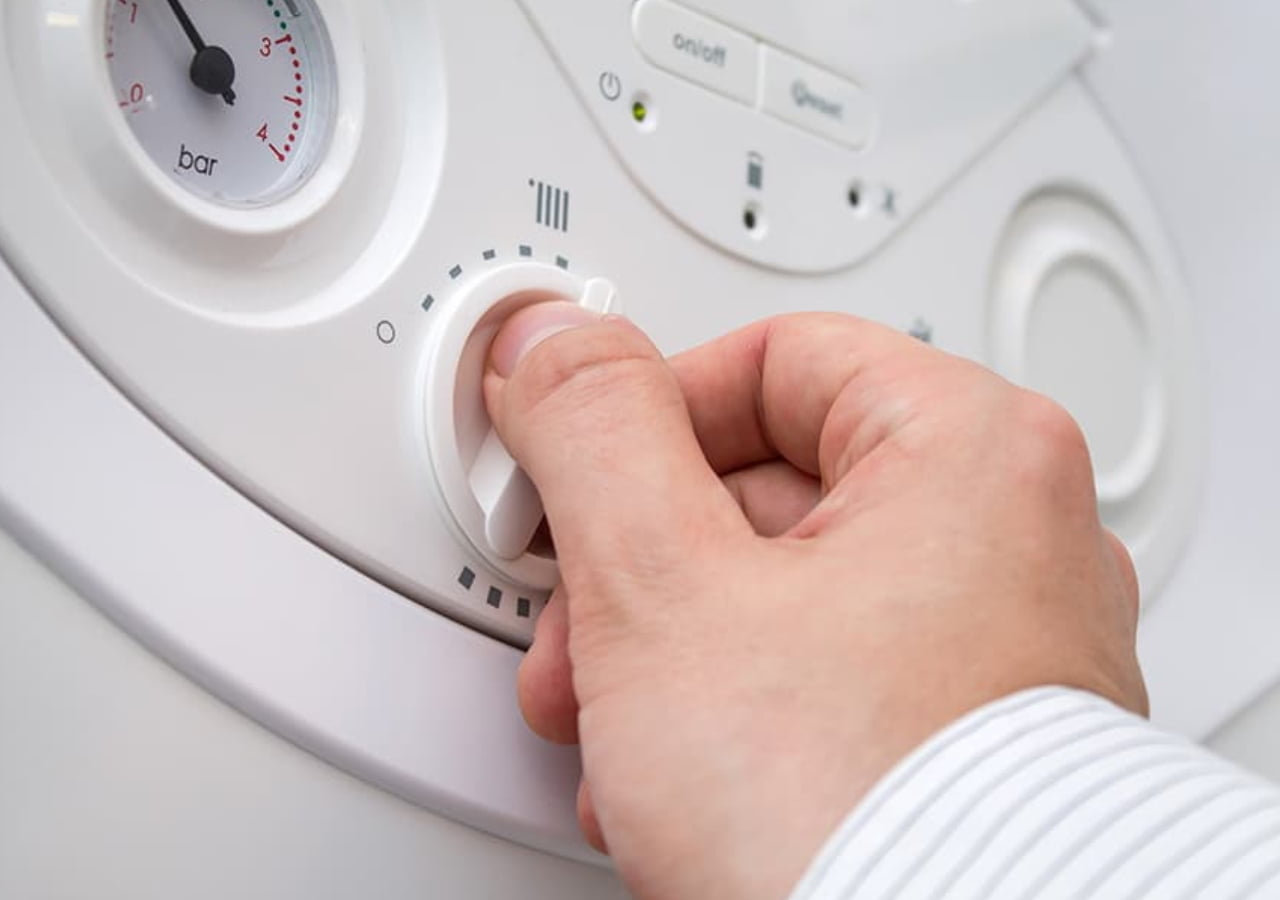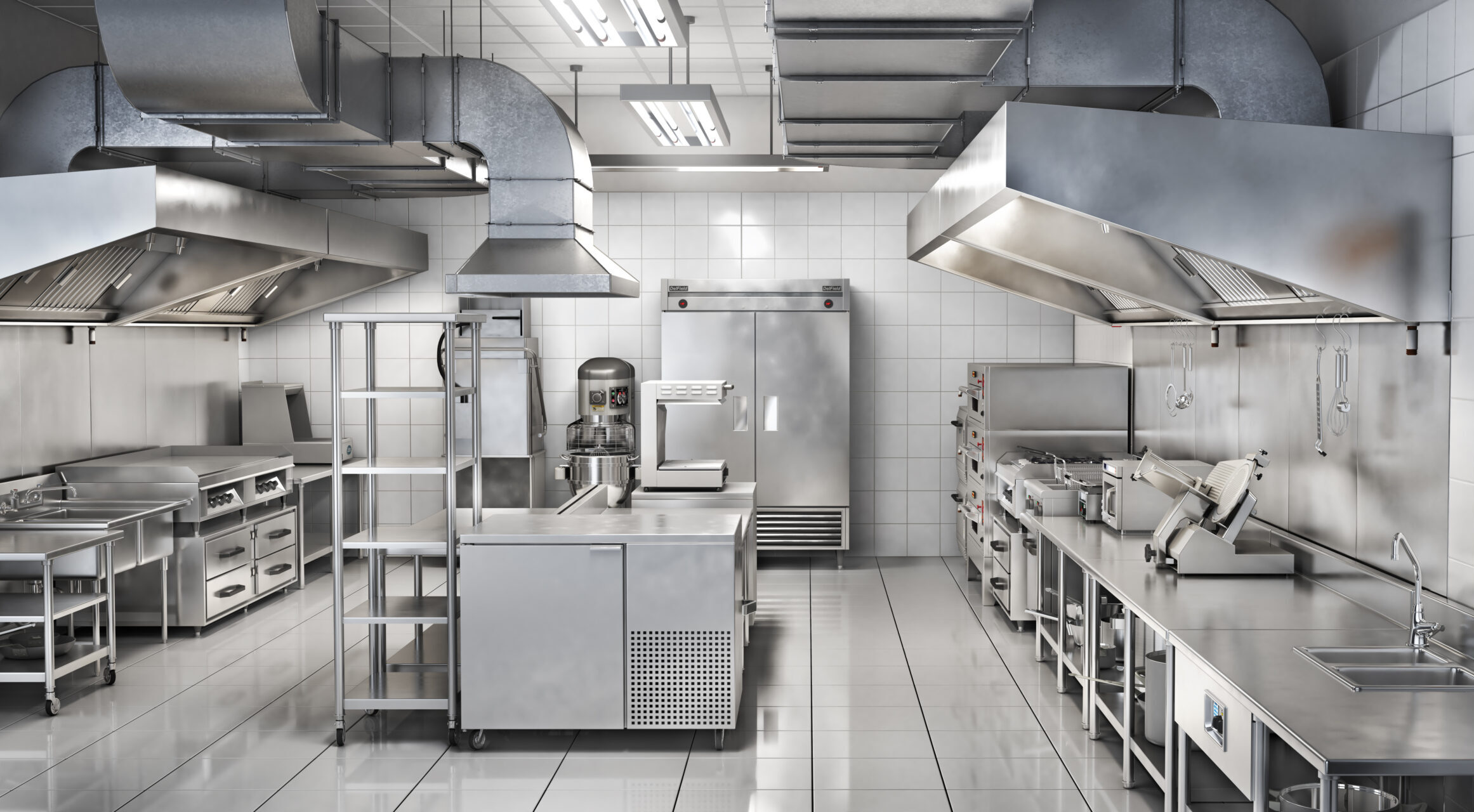If you're experiencing very low pressure on your hot water kitchen sink, the first thing you should check is the aerator. This small device is typically located at the end of the faucet and is responsible for mixing air with the water to create a smooth flow. Over time, mineral deposits and debris can build up in the aerator, causing it to become clogged and restrict the flow of water. To fix this, simply unscrew the aerator and rinse it out with water. If the buildup is too stubborn, you can soak the aerator in a mixture of equal parts water and vinegar for a few hours to dissolve the deposits. Once the aerator is clean, reattach it to the faucet and test the water pressure.Check the aerator
If cleaning the aerator doesn't improve the water pressure, the next step is to check the shut-off valves. These valves are typically located under the sink and control the flow of water to the faucet. Make sure the valves are fully open and not partially closed, which can restrict water flow. If the valves are old or damaged, they may need to be replaced. If the valves are fully open and the water pressure is still low, it's possible that there may be a blockage in the pipes leading to the faucet. In this case, you may need to call a professional plumber to inspect and fix the issue.Check the shut-off valves
If the low water pressure is isolated to your hot water kitchen sink, it's worth checking the water heater. Over time, sediment and mineral deposits can build up in the water heater, causing it to work less efficiently and resulting in lower water pressure. This is especially common in areas with hard water. To check the water heater, turn on the hot water faucet and let it run for a few minutes. If you notice a decrease in water pressure, it's likely due to buildup in the water heater. You can try flushing the water heater to remove the sediment, but it's best to have a professional plumber handle this task to avoid any potential damage.Check the water heater
Another possible cause of low water pressure in your hot water kitchen sink is a faulty water pressure regulator. This device is responsible for controlling the water pressure coming into your home. If it's not functioning properly, it can result in low water pressure throughout the house. To check the water pressure regulator, you'll need to locate it near the main water shut-off valve. If you're not sure where it is, you can consult your home's plumbing blueprints or contact a plumber for assistance. If the regulator is damaged or not working correctly, it will need to be replaced.Check the water pressure regulator
Clogged pipes are a common cause of low water pressure in any faucet, including the hot water kitchen sink. Over time, debris, soap scum, and other materials can build up inside the pipes, restricting the flow of water. This issue is more likely to occur in older homes with galvanized pipes rather than newer homes with PVC or copper piping. If you suspect that clogged pipes may be the cause of your low water pressure, you can try using a drain snake or a homemade solution of hot water, baking soda, and vinegar to clear the blockage. However, it's best to leave this task to a professional plumber to avoid any potential damage to your pipes.Check for clogs in the pipes
In addition to clogs, leaks in the pipes can also contribute to low water pressure. Even a small leak can significantly impact the flow of water to your hot water kitchen sink. To check for leaks, inspect the pipes under and around the sink for any signs of water or dampness. If you find a leak, it's crucial to have it repaired as soon as possible to prevent any further damage to your plumbing system. A professional plumber can locate and fix the leak, restoring the water pressure to your kitchen sink.Check for leaks in the pipes
If you've checked all of the above and are still experiencing low water pressure on your hot water kitchen sink, it's possible that there may be an issue with the hot water supply line. This line is responsible for bringing hot water from the water heater to your faucet. Inspect the hot water supply line for any signs of damage, such as cracks or leaks. If you find any issues, it's best to have a professional plumber repair or replace the line to restore proper water pressure.Check the hot water supply line
The hot water valve, also known as the shut-off valve, controls the flow of hot water to your kitchen sink. If this valve is partially closed or damaged, it can result in low water pressure. Check the valve to ensure it is fully open and not obstructed by any debris. If the valve is damaged, it may need to be replaced by a professional plumber. It's essential to have this valve in good working condition to maintain adequate water pressure in your hot water kitchen sink.Check the hot water valve
It's also possible that the hot water faucet itself may be the cause of the low water pressure. Over time, wear and tear can cause the faucet's internal components to become damaged or worn, resulting in decreased water flow. If you suspect that the hot water faucet is the issue, you can try cleaning it with a mixture of water and vinegar to remove any mineral deposits. If this doesn't improve the water pressure, you may need to replace the faucet entirely.Check the hot water faucet
If all else fails, it's worth checking the hot water tank to ensure it is in good working condition. If the tank is old or damaged, it may not be able to provide enough hot water to meet your household's needs, resulting in low water pressure. In this case, you may need to replace the water heater to restore proper water pressure. It's essential to have a professional plumber inspect and replace the hot water tank to ensure it's done correctly and safely. In conclusion, there are several potential causes of very low pressure on a hot water kitchen sink. By checking and addressing each of these possible issues, you can improve the water pressure and ensure your kitchen sink is functioning properly once again.Check the hot water tank
The Importance of Proper Water Pressure in Kitchen Design
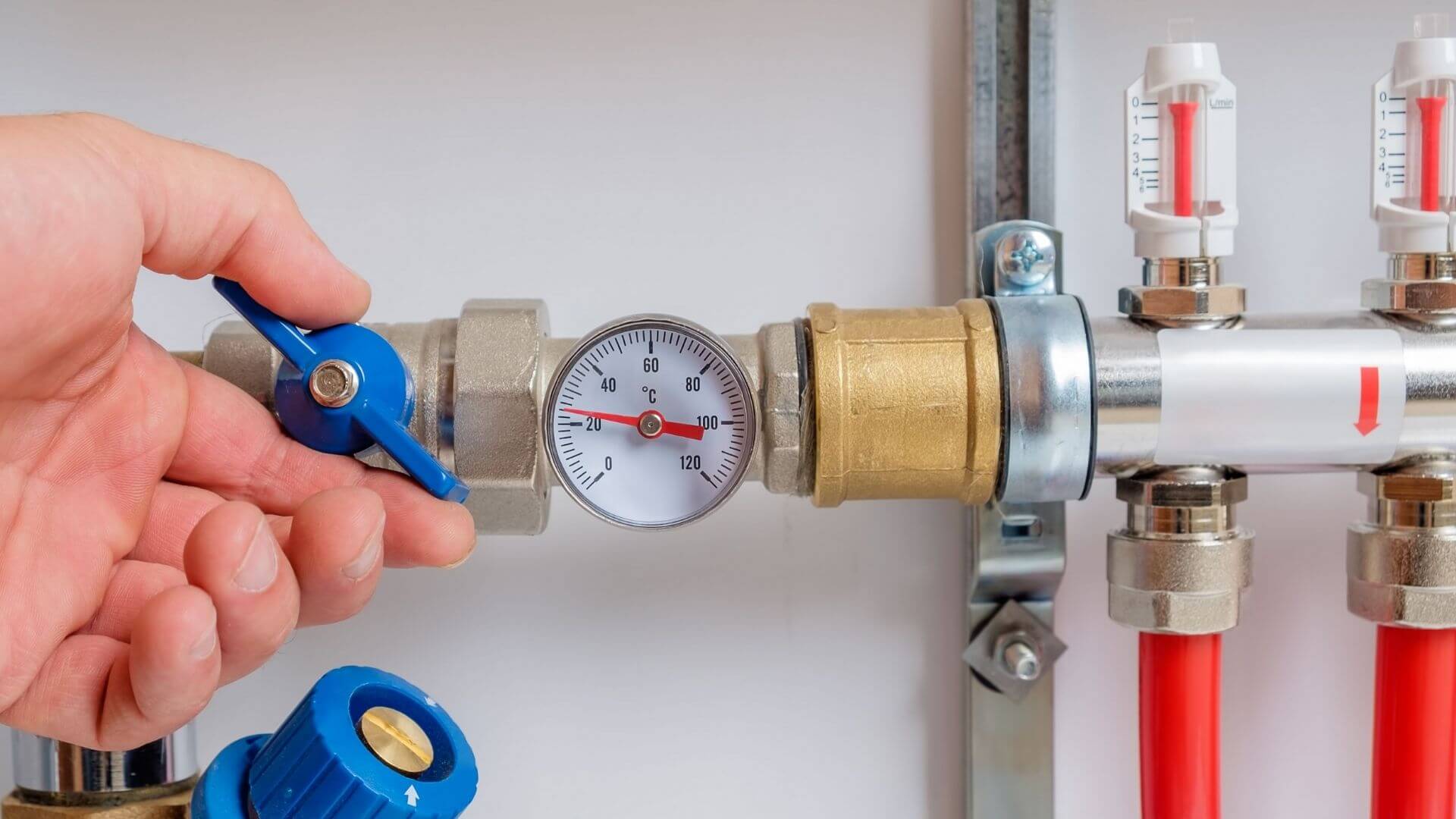
Why Low Pressure in Hot Water Kitchen Sinks Should Not Be Overlooked
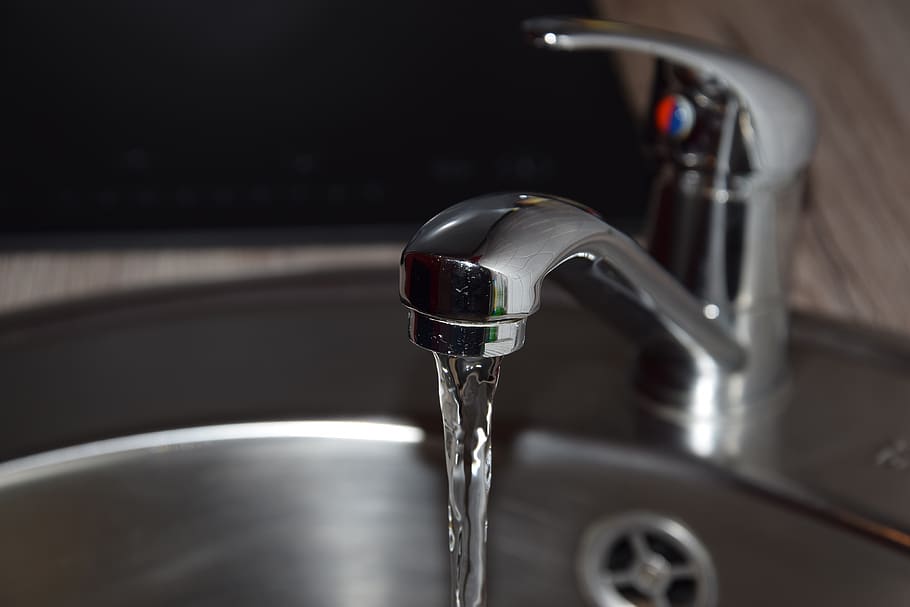 Having a well-designed and functional kitchen is essential for any household. From cooking to cleaning, the kitchen is a space that is used daily and requires efficient appliances and fixtures. One crucial aspect of kitchen design that is often overlooked is the water pressure in the kitchen sink, specifically in the hot water tap. While low water pressure may seem like a minor inconvenience, it can actually have a significant impact on the functionality and overall design of your kitchen.
Low pressure in the hot water tap of the kitchen sink
can be caused by a variety of factors, such as clogged pipes, faulty valves, or issues with the water supply. Regardless of the cause, it is important to address this issue as soon as possible, as it can lead to a range of problems.
Having a well-designed and functional kitchen is essential for any household. From cooking to cleaning, the kitchen is a space that is used daily and requires efficient appliances and fixtures. One crucial aspect of kitchen design that is often overlooked is the water pressure in the kitchen sink, specifically in the hot water tap. While low water pressure may seem like a minor inconvenience, it can actually have a significant impact on the functionality and overall design of your kitchen.
Low pressure in the hot water tap of the kitchen sink
can be caused by a variety of factors, such as clogged pipes, faulty valves, or issues with the water supply. Regardless of the cause, it is important to address this issue as soon as possible, as it can lead to a range of problems.
Impact on Daily Tasks
 One of the main reasons why low hot water pressure in the kitchen sink should not be ignored is the impact it can have on daily tasks. Cooking and cleaning in the kitchen require the use of hot water, and if the pressure is too low, it can significantly slow down these tasks. This can be frustrating and time-consuming, especially for those with busy schedules. Additionally, low pressure can affect the performance of appliances, such as dishwashers and washing machines, that rely on hot water.
One of the main reasons why low hot water pressure in the kitchen sink should not be ignored is the impact it can have on daily tasks. Cooking and cleaning in the kitchen require the use of hot water, and if the pressure is too low, it can significantly slow down these tasks. This can be frustrating and time-consuming, especially for those with busy schedules. Additionally, low pressure can affect the performance of appliances, such as dishwashers and washing machines, that rely on hot water.
Aesthetic and Design Considerations
 In addition to functionality, low pressure in the hot water tap can also have an impact on the aesthetic and design of your kitchen. A slow and weak stream of water can make it difficult to thoroughly clean dishes and countertops, leading to a less hygienic and visually appealing kitchen. It can also make it challenging to fill large pots or pans with water, which can be a safety hazard if the water suddenly starts flowing at a higher pressure.
In addition to functionality, low pressure in the hot water tap can also have an impact on the aesthetic and design of your kitchen. A slow and weak stream of water can make it difficult to thoroughly clean dishes and countertops, leading to a less hygienic and visually appealing kitchen. It can also make it challenging to fill large pots or pans with water, which can be a safety hazard if the water suddenly starts flowing at a higher pressure.
Solutions for Low Hot Water Pressure
 Fortunately, there are several solutions for addressing low hot water pressure in the kitchen sink. One of the most common is to check and clean the aerator on the tap, as it can become clogged with mineral deposits over time. Another option is to install a water pressure booster or a new hot water tank. However, it is always best to consult a professional plumber to determine the root cause of the issue and find the most suitable solution for your specific situation.
In conclusion, while it may seem like a minor inconvenience,
low pressure in the hot water tap of the kitchen sink
should not be ignored. It can have a significant impact on the functionality and design of your kitchen, ultimately affecting your daily tasks and overall satisfaction with your home. Addressing this issue promptly and effectively will ensure that your kitchen remains a functional and aesthetically pleasing space for years to come.
Fortunately, there are several solutions for addressing low hot water pressure in the kitchen sink. One of the most common is to check and clean the aerator on the tap, as it can become clogged with mineral deposits over time. Another option is to install a water pressure booster or a new hot water tank. However, it is always best to consult a professional plumber to determine the root cause of the issue and find the most suitable solution for your specific situation.
In conclusion, while it may seem like a minor inconvenience,
low pressure in the hot water tap of the kitchen sink
should not be ignored. It can have a significant impact on the functionality and design of your kitchen, ultimately affecting your daily tasks and overall satisfaction with your home. Addressing this issue promptly and effectively will ensure that your kitchen remains a functional and aesthetically pleasing space for years to come.



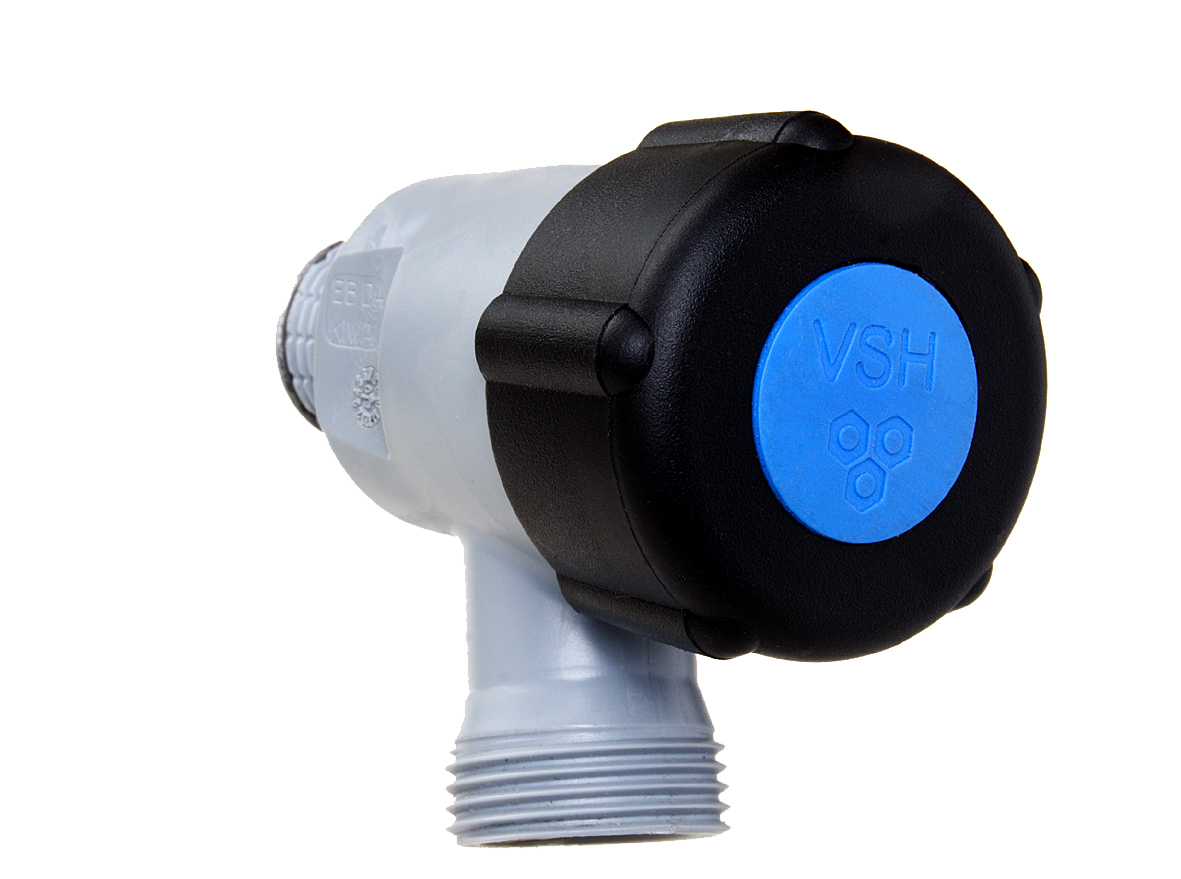






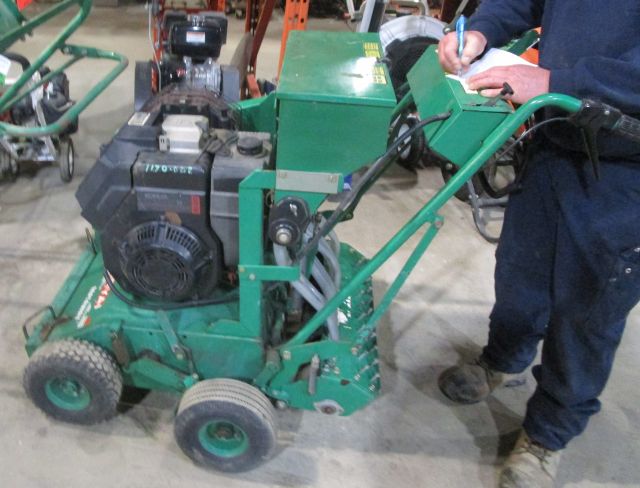
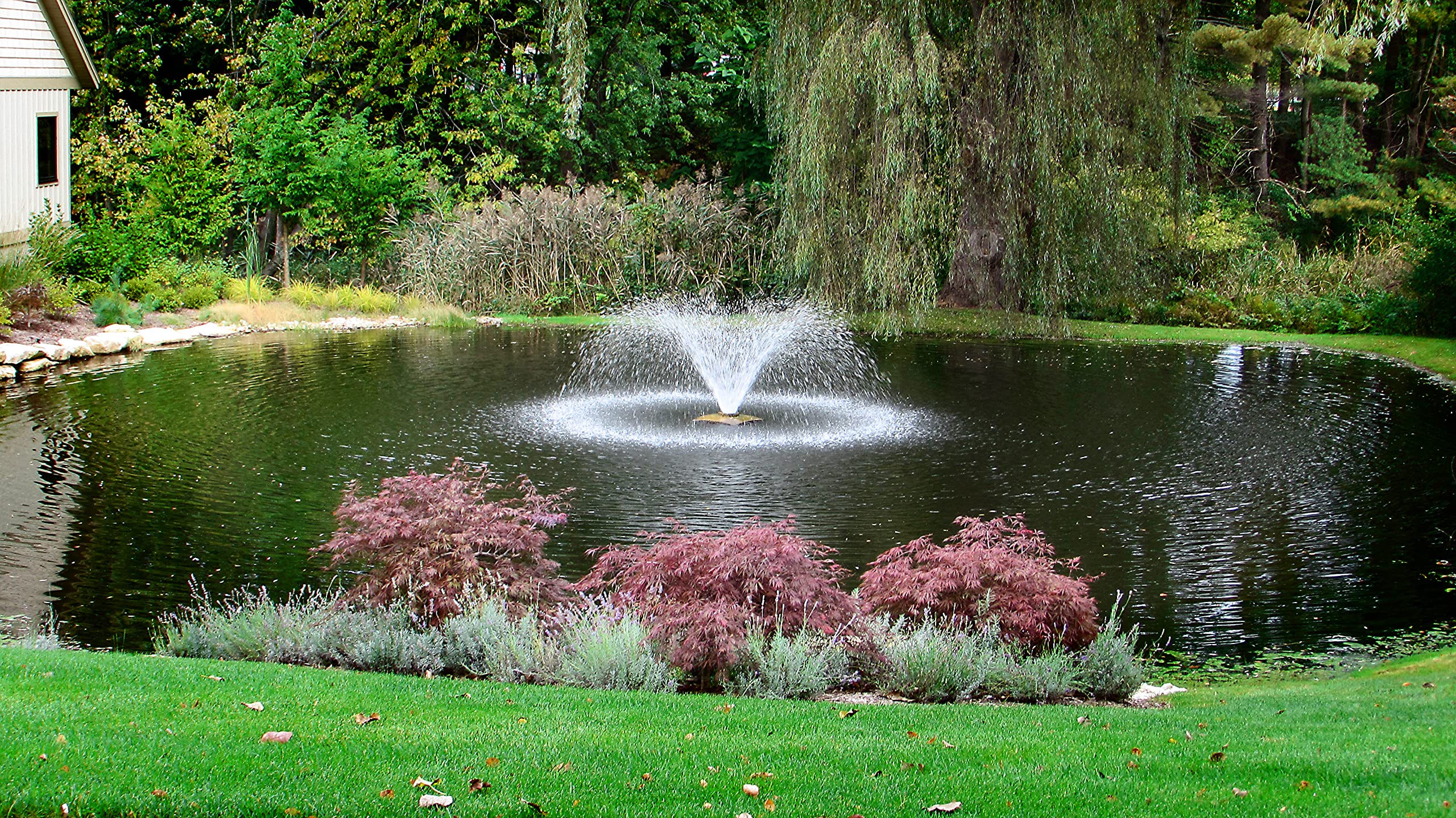


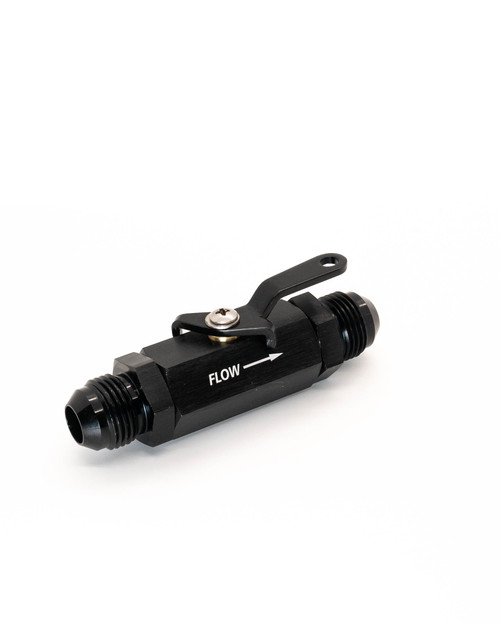
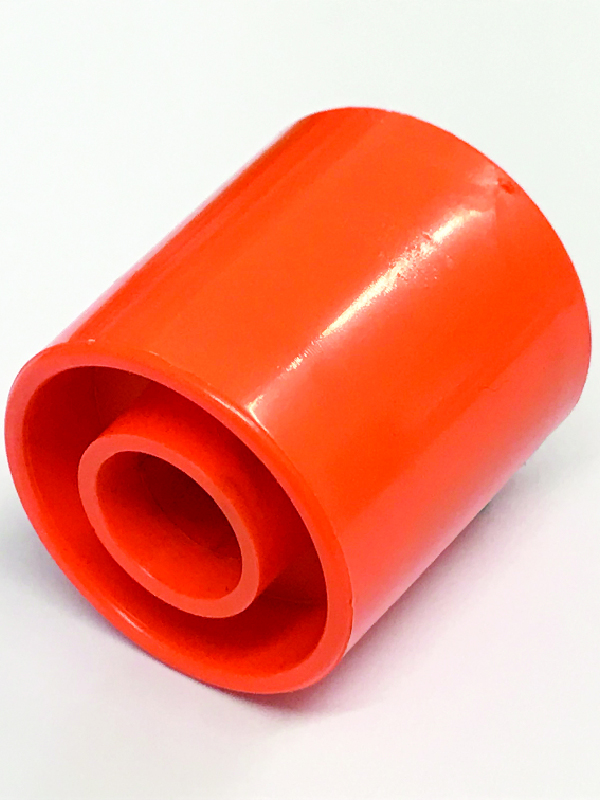
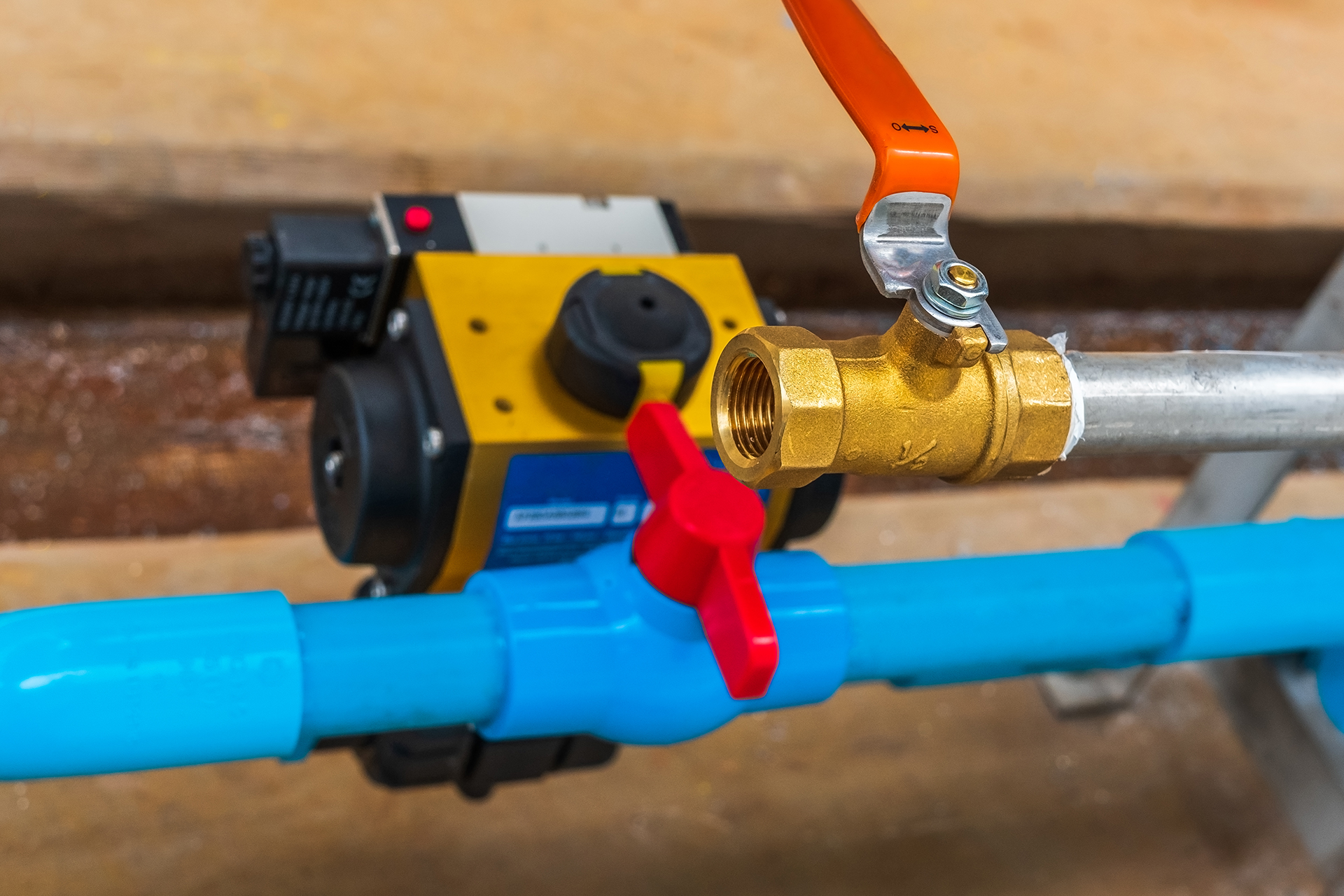
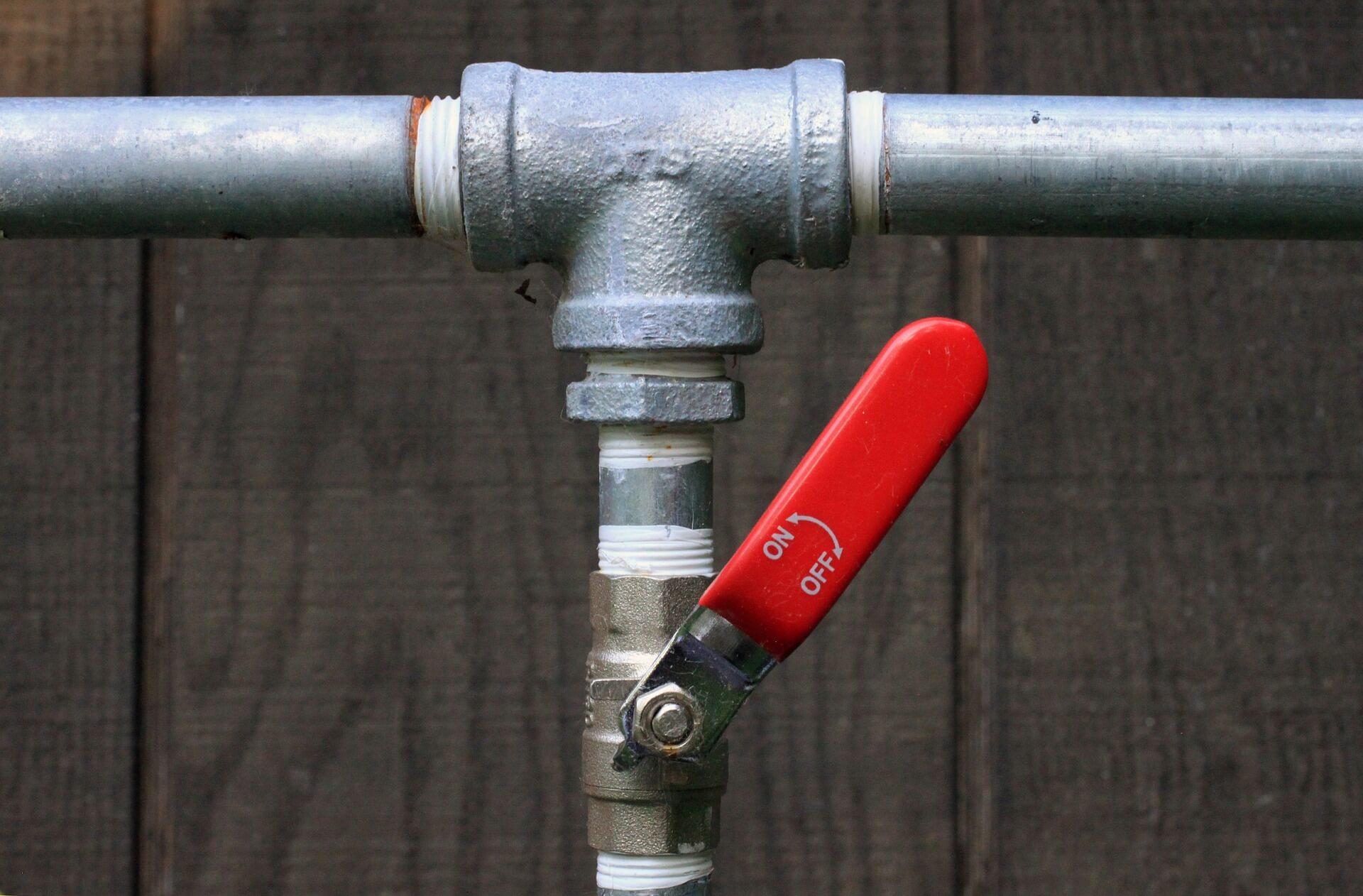

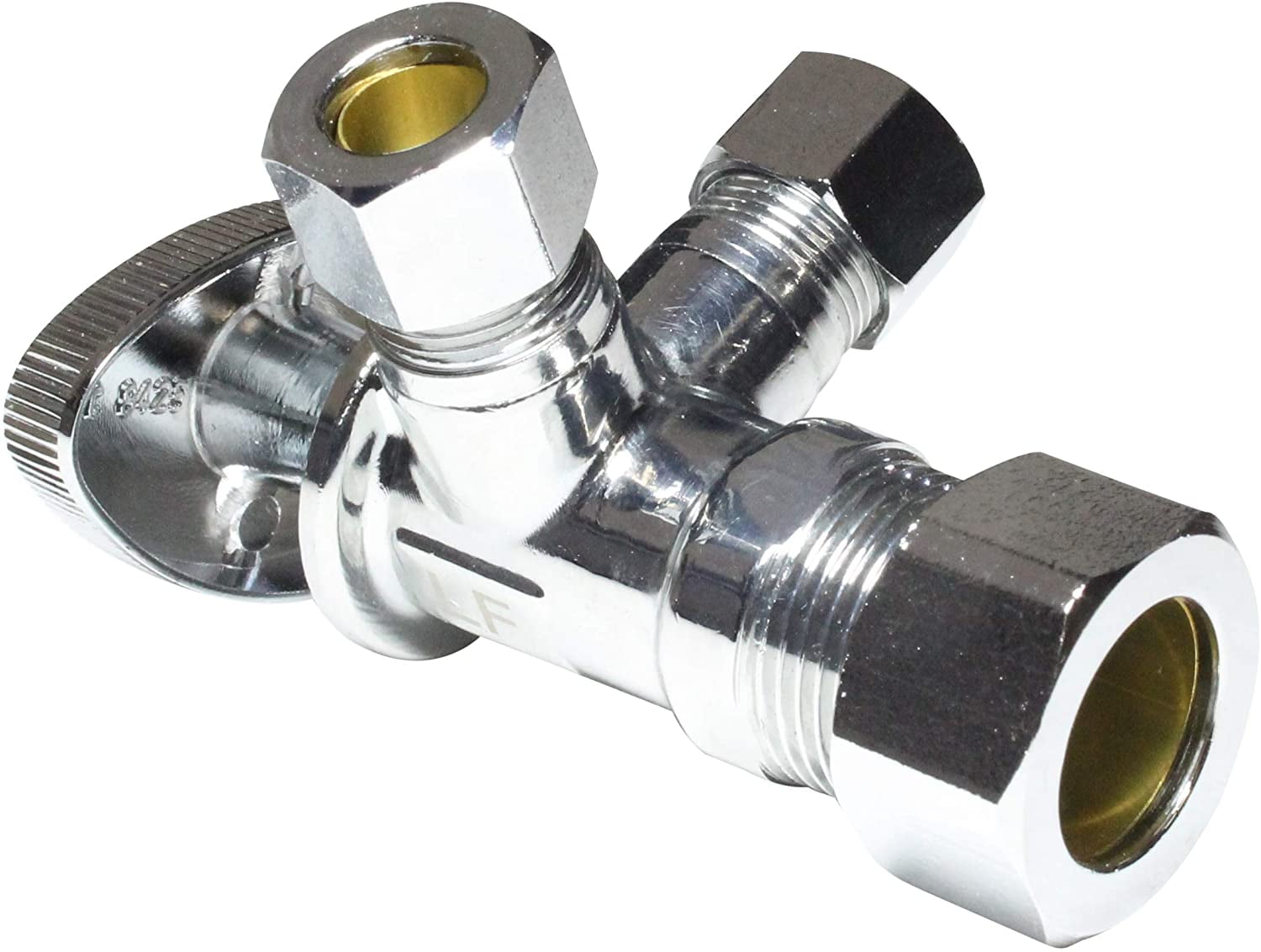




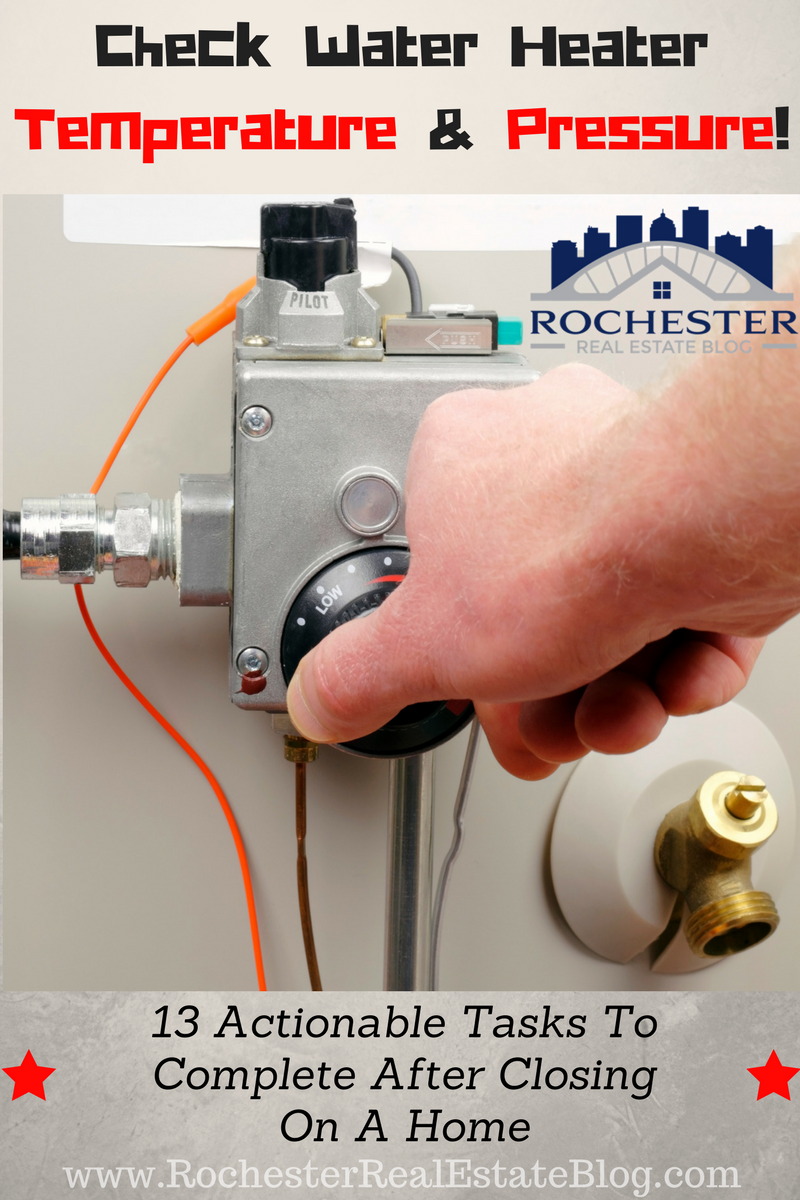




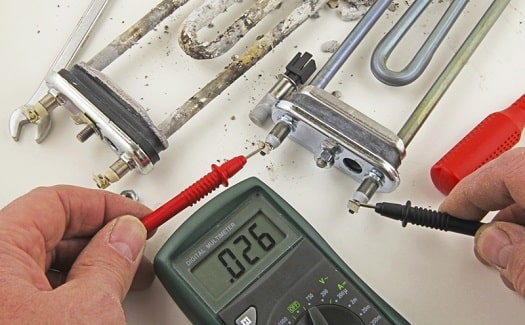
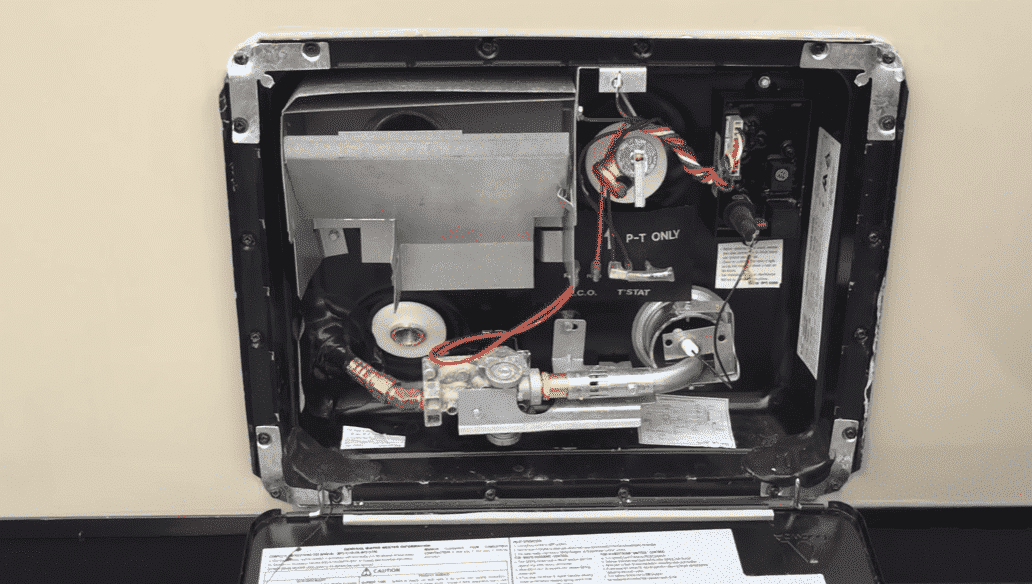

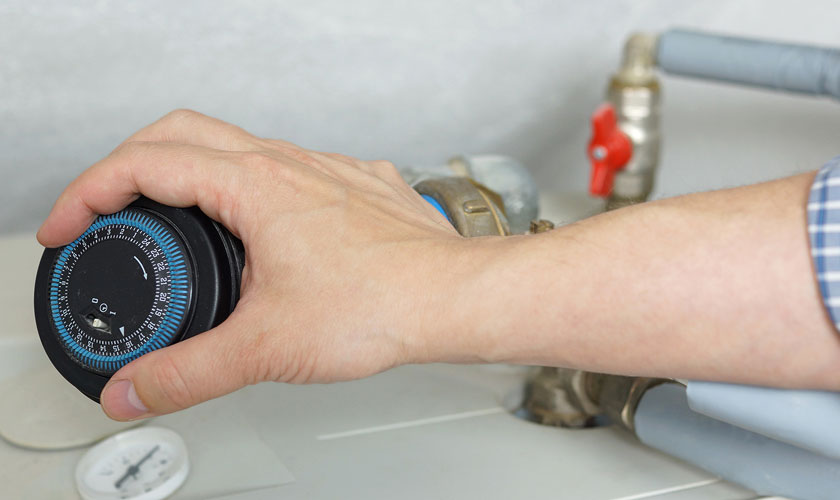

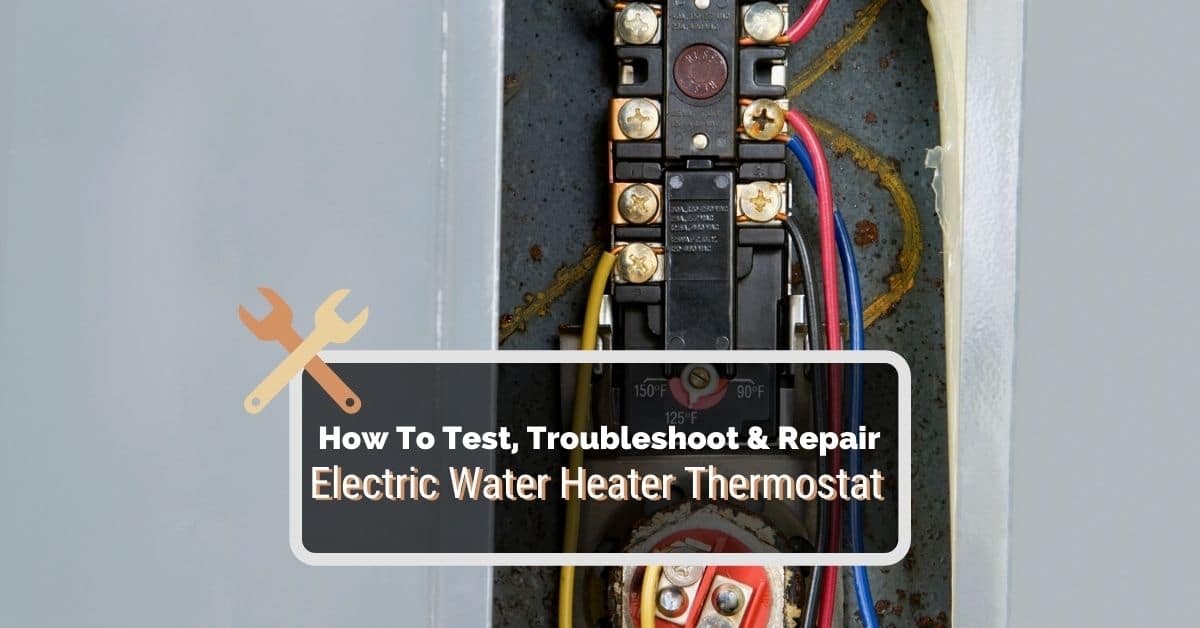
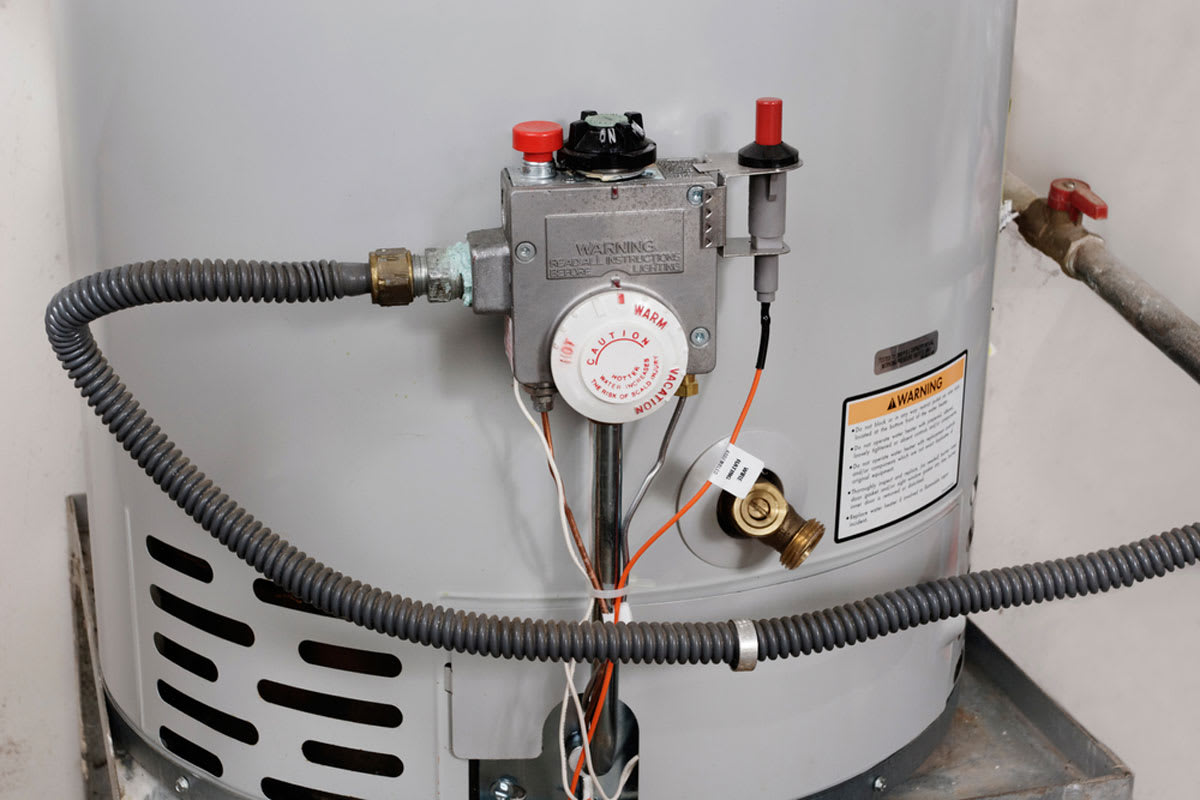
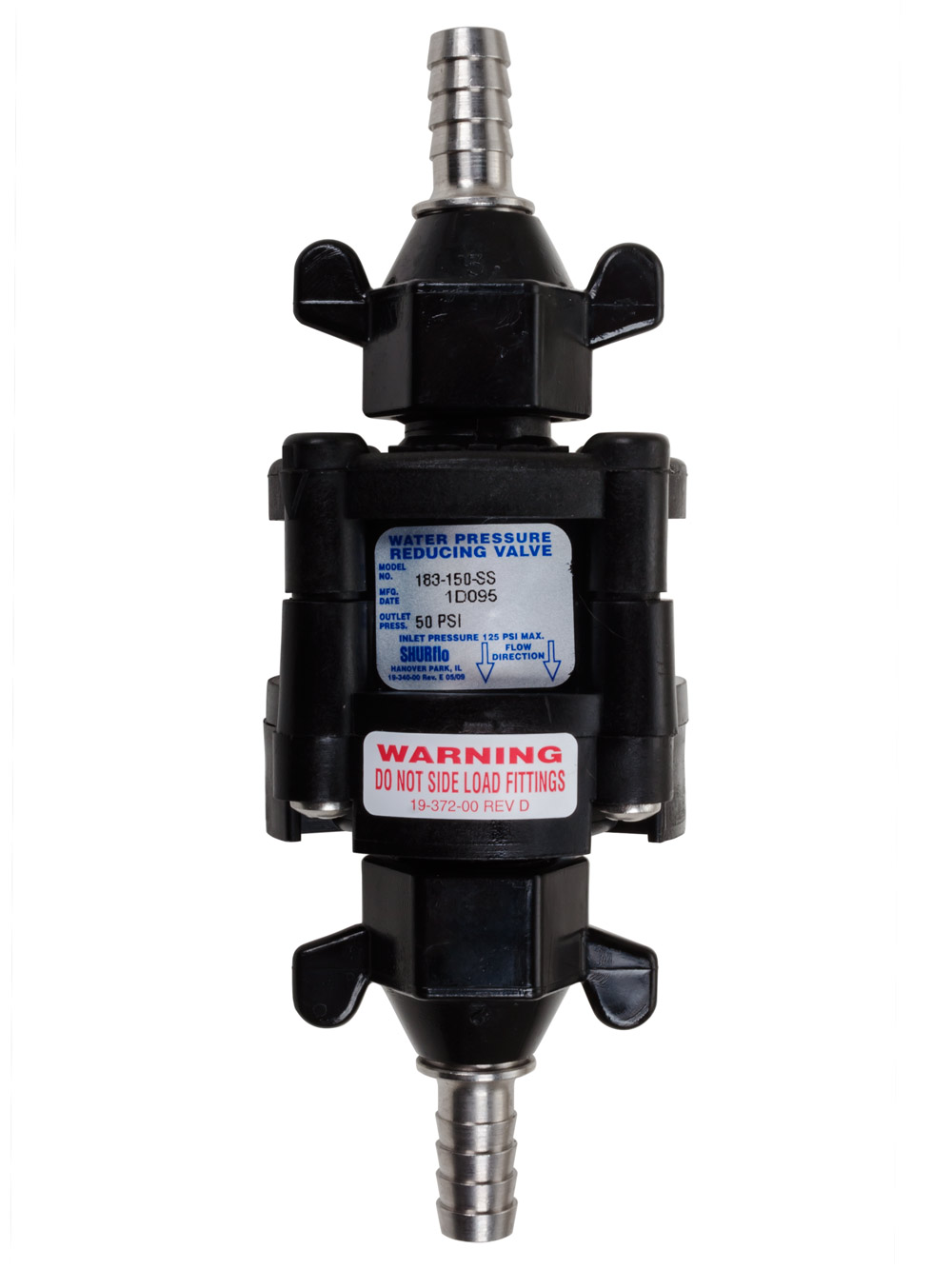

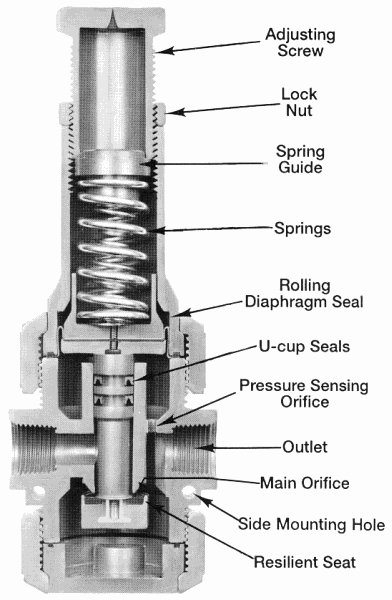
:max_bytes(150000):strip_icc()/the-men-s-hand-opens-the-ball-valve-on-the-collector-1006810456-5c5fc73fc9e77c000159c4af.jpg)

